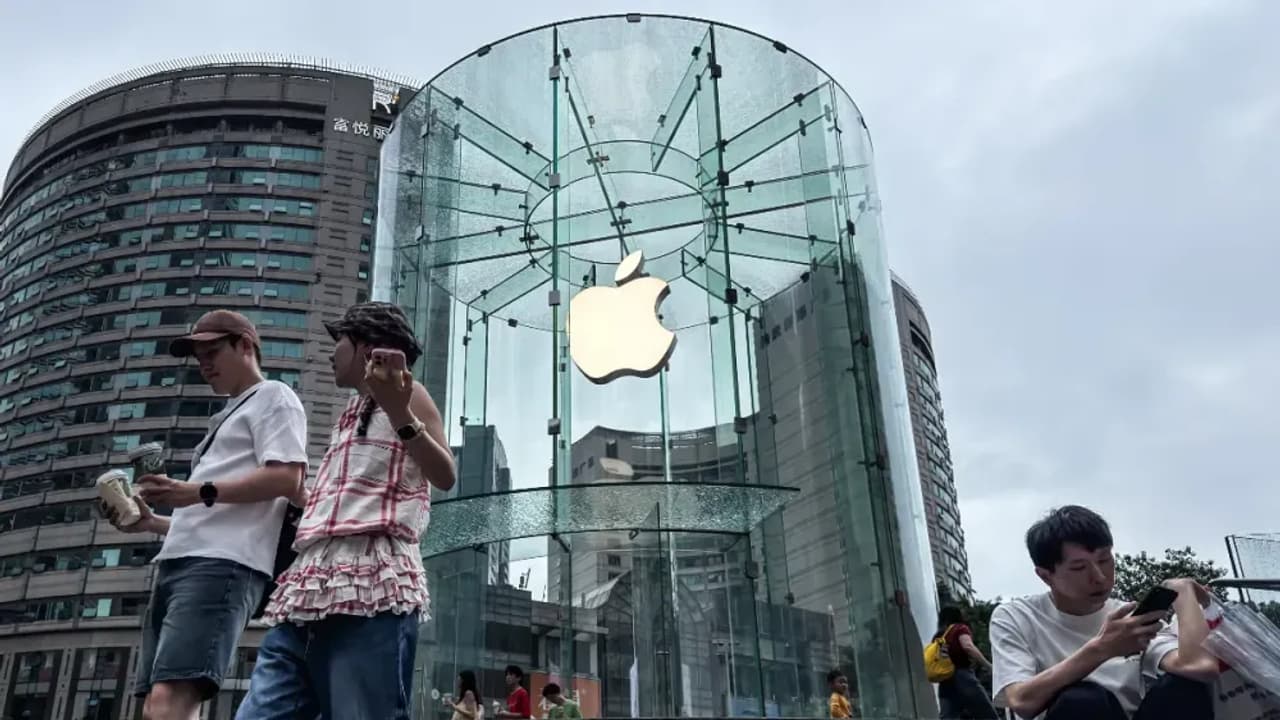JPMorgan estimates the shift could slow Apple’s Services revenue growth by up to 200 basis points, equating to a 2% to 3% drag on earnings.
The Ninth Circuit’s decision to deny Apple’s (AAPL) request for a stay in its legal fight with TakeTwo Interactive Software’s (TTWO) Epic Games is a “big deal” for app developers and could reshape App Store economics for years, according to JPMorgan.

Apple’s stock edged 0.16% lower in pre-market trade on Thursday.
The U.S. Court of Appeals ruled that Apple must comply with a prior order from Judge Yvonne Gonzalez Rogers, requiring the tech giant to allow app developers to link users to alternative payment systems outside of the App Store.
That change drops Apple’s commission from 27% to 0% for those transactions, pending the outcome of the appeals process.
According to JPMorgan, the ruling “essentially sets app store economics for the next few years” and is positive for developers such as Match Group (MTCH), Spotify (SPOT), Roblox (RBLX), Duolingo (DUOL), Bumble (BUMBL), AppLovin (APP), Take-Two (TTWO), Playstudios (MYPS), and Electronic Arts (EA).
As per an investor note cited by TheFly, JPMorgan anticipates that the appeals process will take two years or more, particularly if the Supreme Court ultimately hears the case.
While the court loss is a setback for Apple, JPMorgan also noted the financial impact may be smaller than feared.
The brokerage estimates the shift could slow Services revenue growth by up to 200 basis points, equating to a 2% to 3% drag on earnings. It stated that the actual impact will depend on how many consumers choose to “link out” of the App Store to complete their purchases.
Morgan Stanley echoed that view, saying App Store monetization in the U.S. accelerated in May, showing no meaningful impact from the April 30 injunction.
In a note cited by TheFly, it estimated that 2% of Apple’s EPS is “at risk” if its survey results – showing 28% of U.S. iPhone users willing to exit the App Store for payments – translate into actual behavior.
Both firms maintain ‘Overweight’ ratings on Apple, with Morgan Stanley holding a $235 price target.
Apple’s stock has fallen more than 18% year-to-date, impacted by U.S. tariffs and trade uncertainty. However, over the past 12 months, the shares have gained 4.2%.
For updates and corrections, email newsroom[at]stocktwits[dot]com.<
Read also: Nvidia ‘Back in the Driver’s Seat,’ Says Daiwa, Hikes Price Target To $165 On AI Demand
